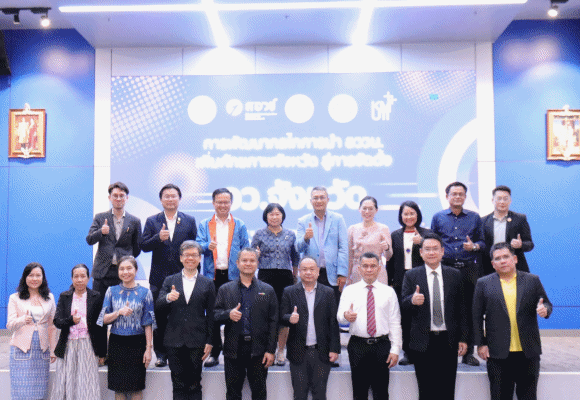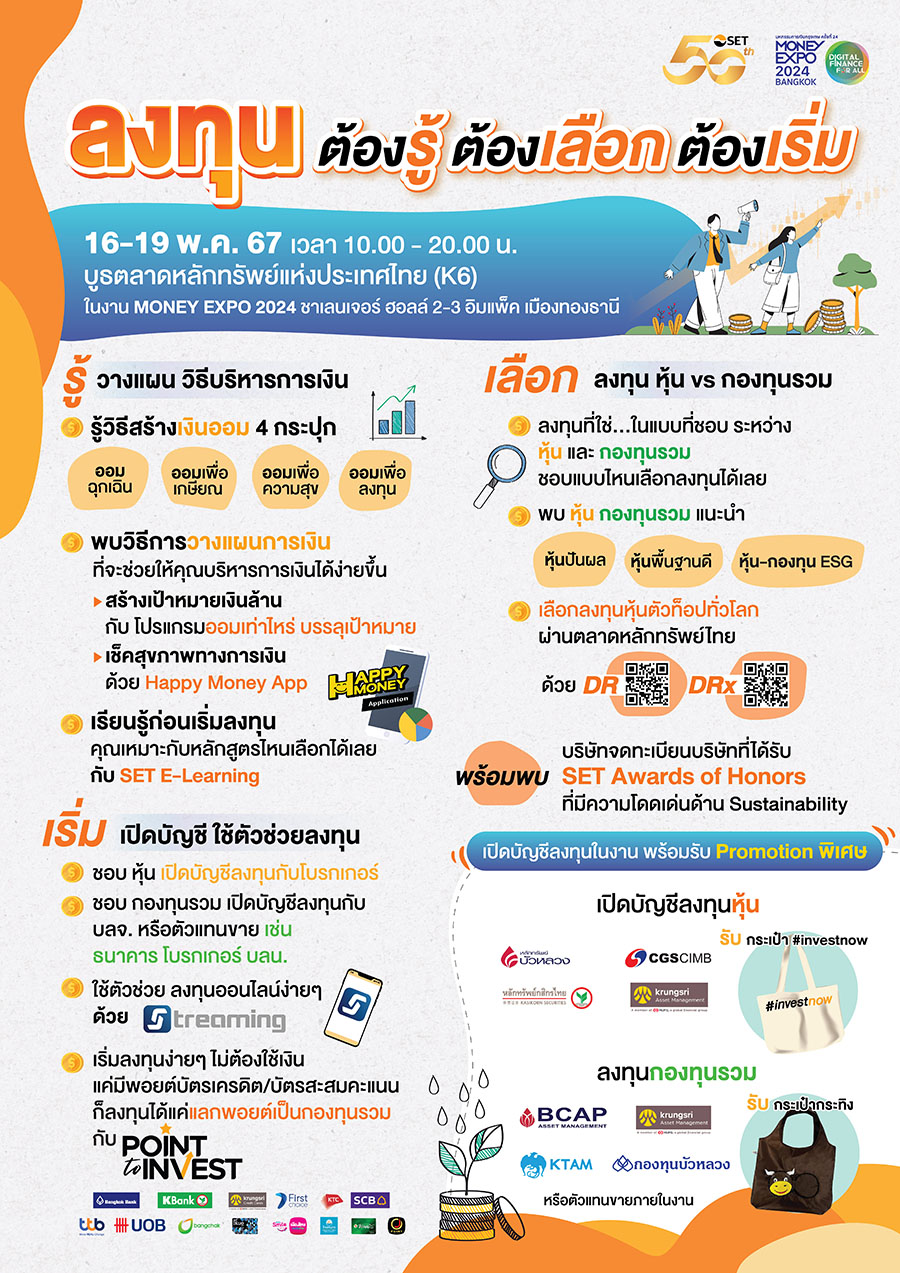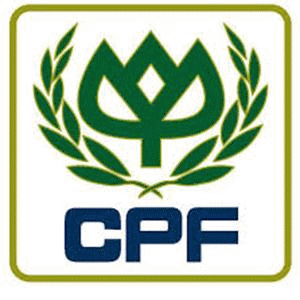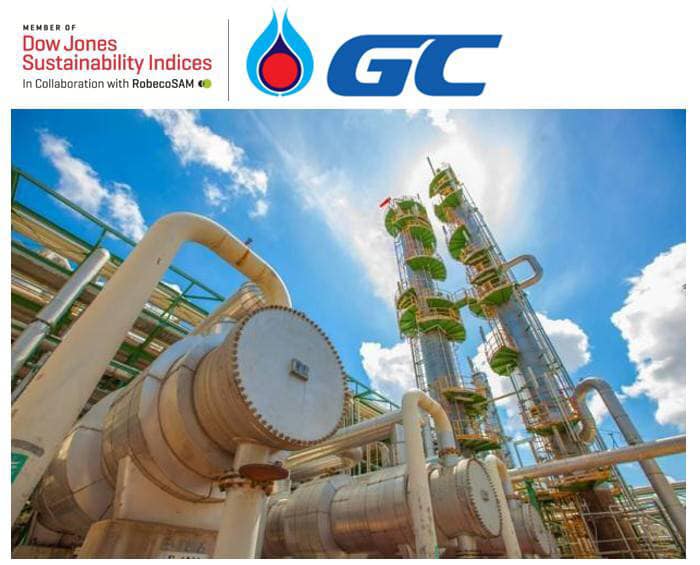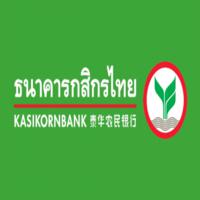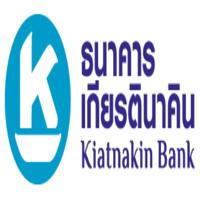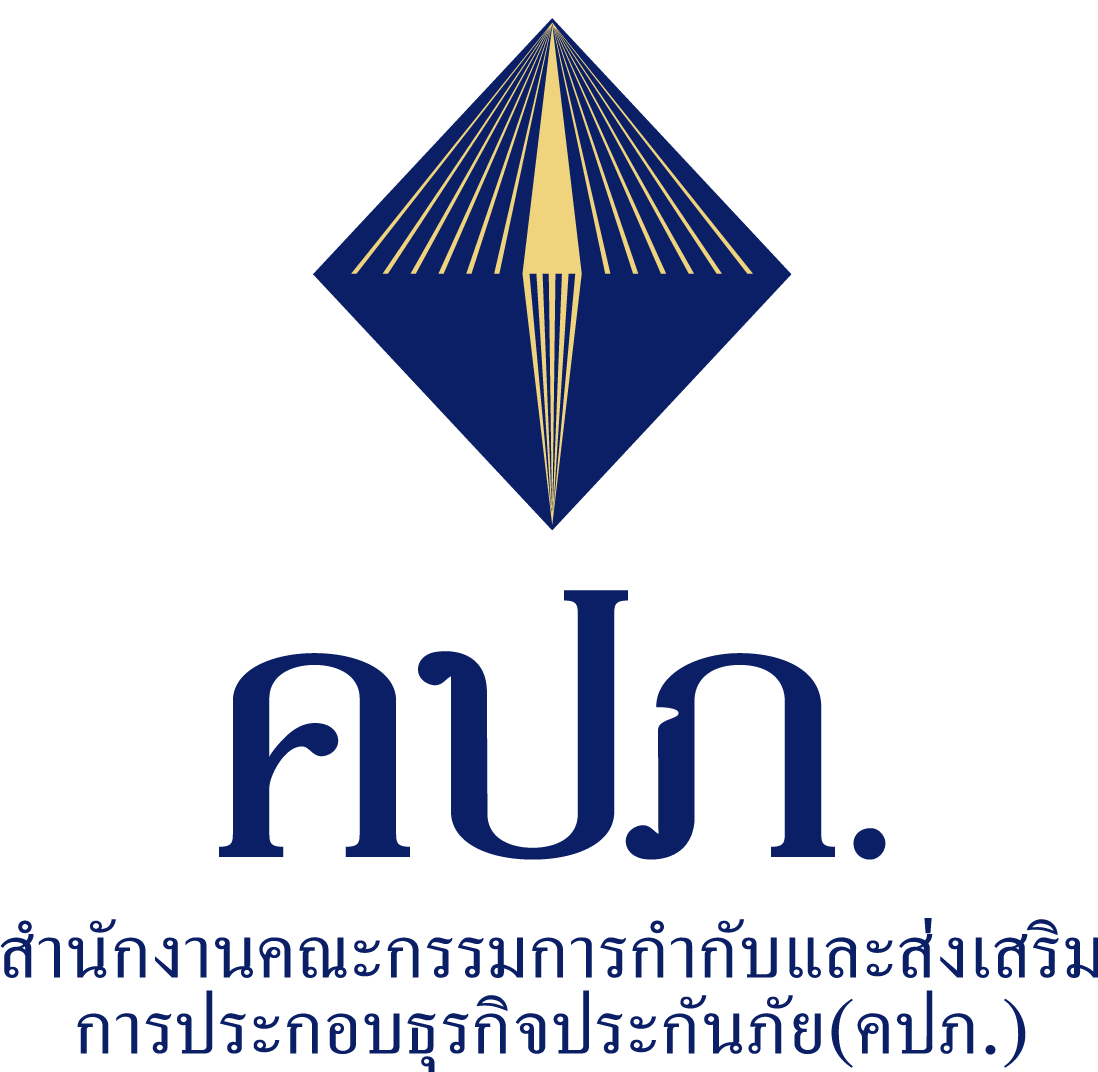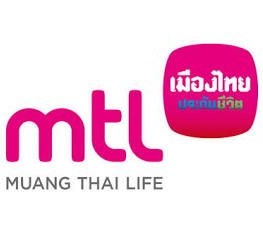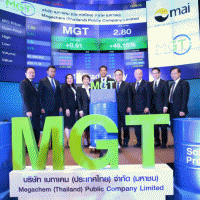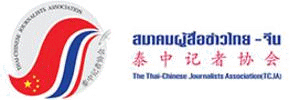- Details
- Category: สิ่งแวดล้อม
- Published: Wednesday, 26 August 2015 21:16
- Hits: 4198

ภาครัฐ เอกชน ผนึกกำลังผลักดันหนุนไทยเป็น Bio Hub
สถาบันปิโตรเลียมร่วมกับศศินทร์จัดทำ'โครงการศึกษาเพื่อส่งเสริมการลงทุนและพัฒนา Bio Hub ในประเทศไทย' ออกแผนยุทธศาสตร์แห่งชาติระยะยาว มุ่งหวังไทยสู่พัฒนา New Wave Industry ครบวงจรระดับโลก สภาพัฒน์ฯ และ สภาอุตสาหกรรมฯ เห็นความสำคัญที่ต้องเร่งผลักดัน สร้างมูลค่าเพิ่มจากสินค้าเกษตร พัฒนาเทคโนโลยีชีวภาพเองในประเทศ และยกระดับรายได้ของประเทศเพื่อความยั่งยืนในอนาคต
นายศิริ จิระพงษ์พันธ์ ผู้อำนวยการสถาบันปิโตรเลียมแห่งประเทศไทย กล่าวว่า ผลการศึกษาโครงการศึกษาเพื่อส่งเสริมการลงทุนและพัฒนา Bio Hub ในประเทศไทยร่วมกับ สถาบันบัณฑิตบริหารธุรกิจศศินทร์ สรุปได้ 4 ยุทธศาสตร์หลักที่จะผลักดันประเทศไทยให้เป็นผู้นำอุตสาหกรรมชีวภาพครบวงจรในระดับโลก (Bio Hub) ภายใน 20 ปี โดยเสนอให้จัดตั้งศูนย์กลางอุตสาหกรรมชีวภาพ ผลิตเชื้อเพลิง เคมีชีวภาพและพลาสติกชีวภาพ ให้อยู่ในพื้นที่เดียวกันและอยู่ในแหล่งวัตถุดิบ พร้อมทั้งสร้างระบบโครงสร้างพื้นฐานและระบบสาธารณูปโภครองรับหน่วยผลิตต่อเนื่องที่จำเป็นที่เชื่อมโยงอย่างบูรณาการ เพื่อทำให้เกิดประสิทธิภาพการใช้พลังงานและการผลิตสูงสุด อีกทั้งยังสามารถผลิตปุ๋ยชีวภาพและน้ำรีไซเคิลนำไปใช้ในภาคการเกษตรรวมถึงเป็นพลังงานทดแทนได้อีกด้วย โดยการพัฒนาจะแบ่งเป็น 2 ระยะ คือ ระยะที่ 1 (ปี 2561-2568) ใช้อ้อยเป็นวัตถุดิบ ผลิตเชื้อเพลิง เคมี และพลาสติกชีวภาพ ที่จะสามารถสร้างรายได้ให้ประเทศ 1.2 แสนล้านบาท/ปี และระยะที่ 2 (ปี 2569-2578) จะใช้มันสำปะหลังและชีวมวลต่างๆที่มีศักยภาพในอนาคตมาเป็นวัตถุดิบเสริมเพื่อลดต้นทุนวัตถุดิบ
นายชัยพงษ์ พงษ์พานิช ผู้อำนวยการศูนย์วิจัยและให้คำปรึกษาสถาบันบัณฑิตบริหารธุรกิจศศินทร์ จุฬาลงกรณ์มหาวิทยาลัย กล่าวย้ำว่า ประเทศไทยมีศักยภาพด้านวัตถุดิบจากสินค้าเกษตร โดยในปัจจุบันส่งออกน้ำตาลเป็นอันดับที่ 2 ของโลกรองจากประเทศบราซิล และส่งออกผลิตภัณฑ์จากมันสำปะหลัง เป็นอันดับที่ 1 ของโลก อีกทั้งยังมีฐานการผลิตสินค้าชีวภาพอยู่บ้างแล้ว ไม่ว่าจะเป็นกรดชีวภาพ พลาสติกชีวภาพ เป็นต้นไม่ได้เริ่มต้นจากศูนย์ จึงมีความเป็นไปได้สูงที่จะผลักดันประเทศไทยเป็นผู้นำอุตสาหกรรมชีวภาพครบวงจรในระดับโลกได้ การนำสินค้าเกษตรมาใช้เป็นวัตถุดิบทำให้เกิดอุตสาหกรรมต่อเนื่องในประเทศ เป็นการสร้างมูลค่าเพิ่มให้กับสินค้าเกษตร สร้างรายได้ใหม่ให้กับประเทศ กระจายรายได้สู่ท้องถิ่น สร้างงานใหม่และเพิ่มความมั่นคงทางแรงงาน หากสามารถผลักดันให้เกิดอุตสาหกรรมชีวภาพขึ้นในประเทศได้ จะทำให้มีการลงทุนในประเทศกว่า 1 แสนล้านบาท สำหรับการลงทุนในระยะที่ 1 และก่อให้เกิดการลงทุนต่อเนื่องในอนาคตอีกด้วย แต่ยังมีข้อจำกัดคือประเทศไทยไม่ใช่ผู้นำทางด้านเทคโนโลยีชีวภาพ ดังนั้นนโยบายส่งเสริมการลงทุนจากภาครัฐ เพื่อดึงดูดผู้เป็นเจ้าของเทคโนโลยีชีวภาพ ให้เข้ามาลงทุนทำธุรกิจในประเทศ และกระตุ้นให้เกิดอุปสงค์ จึงเป็นสิ่งสำคัญ
นายบวร วงศ์สินอุดม รองประธานสภาอุตสาหกรรมแห่งประเทศไทย ชี้ให้เห็นว่าภาคเอกชนเห็นความสำคัญที่จะต้องเร่งผลักดันการพัฒนาอุตสาหกรรมในรูปแบบของ Bio Hub และสนับสนุนให้เรื่องนี้เป็นวาระแห่งชาติ เนื่องจากประเทศมีความพร้อมและมีศักยภาพที่จะพัฒนาต่อยอดธุรกิจได้ อีกทั้งตรงกับนโยบายของประเทศในการพัฒนาตลาดในประเทศและสร้างความเข้มแข็งให้กับเกษตรกร แต่อย่างไรก็ตามการจะพัฒนาอุตสาหกรรมในรูปแบบของ Bio Hub ให้อยู่ในพื้นที่เดียวกันและอยู่ในแหล่งวัตถุดิบแม้จะมีความเหมาะสม แต่ก็ยังมีความเสี่ยงในการลงทุนสูง เนื่องจากเทคโนโลยีชีวภาพที่ใช้ในการผลิตมีราคาสูงและผูกขาดโดยเจ้าของเทคโนโลยี อีกทั้งประเทศไทยเองยังต้องนำเข้าเทคโนโลยีจากต่างประเทศ จึงต้องอาศัยแรงสนับสนุนจากภาครัฐในระยะเริ่มต้นในหลายๆด้าน นอกจากนี้ ในด้านตลาดสินค้าชีวภาพนั้นก็มีความสำคัญ เนื่องจากต้นทุนการผลิตสินค้าชีวภาพมีราคาสูงกว่าสินค้าทั่วไป จึงทำให้ความต้องการใช้สินค้าชีวภาพยังไม่เป็นที่แพร่หลายมากนัก ดังนั้นการประชาสัมพันธ์ให้ความรู้และสร้างจิตสำนึกแก่ผู้บริโภคและการสร้างตลาดสำหรับสินค้าชีวภาพ จึงเป็นกลยุทธ์สำคัญเพื่อพัฒนาประเทศไทยเป็นผู้นำอุตสาหกรรมชีวภาพครบวงจรในระดับโลก
นายธานินทร์ ผะเอม รองเลขาธิการคณะกรรมการพัฒนาเศรษฐกิจและสังคมแห่งชาติ กล่าวว่า อุตสาหกรรมชีวภาพถือเป็นอุตสาหกรรมใหม่ที่มีความสำคัญต่อการพัฒนาเศรษฐกิจของประเทศไทยในอนาคต เนื่องจากเป็นอุตสาหกรรมใหม่ (New Wave Industry) ที่ใช้สินค้าเกษตรที่มีศักยภาพในประเทศมาสร้างมูลค่าเพิ่มผลิตเป็นสินค้าชีวภาพ ซึ่งสอดคล้องกับกระแสและแนวโน้มการผลิตสินค้าของโลก ที่ให้ความสำคัญด้านสิ่งแวดล้อมและการพัฒนาอย่างยั่งยืน การเริ่มต้นของอุตสาหกรรมชีวภาพในประเทศไทยจะช่วยวางรากฐานของธุรกิจสินค้าชีวภาพและก่อให้เกิดการพัฒนาอุตสาหกรรมต่อเนื่องต่างๆ ตามมา ซึ่งถือเป็นโอกาสก้าวสู่การเป็นผู้นำทางเทคโนโลยี ต่อยอดการวิจัยพัฒนาและสร้างนวัตกรรมโดยนักวิจัยไทย
จะเห็นได้ว่า Bio Hub จะเป็นอีกหนึ่งโอกาสในการพัฒนาเกษตรกรรมอย่างยั่งยืน ด้วยการสร้างมูลค่าเพิ่มให้กับสินค้าเกษตรที่เหลือจากการบริโภคภายในประเทศ นำมาใช้เป็นวัตถุดิบทดแทนการส่งออก ทำให้เกิดอุตสาหกรรมต่อเนื่อง สร้างรายได้ใหม่ กระจายรายได้สู่ท้องถิ่น สร้างงานใหม่และเพิ่มความมั่นคงทางแรงงาน ดังนั้นควรนำเสนอให้คณะกรรมการพัฒนาอุตสาหกรรมแห่งชาติเป็นกลไกบูรณาการการดำเนินงานระหว่างหน่วยงานต่างๆเพื่อขับเคลื่อนแผนยุทธศาสตร์ในการพัฒนาที่ชัดเจนและกำหนดให้เป็นวาระแห่งชาติประเทศไทยก็จะสามารถผลักดันให้เกิดอุตสาหกรรมชีวภาพขึ้นได้เป็นรูปธรรม ซึ่งจะช่วยเสริมสร้างความมั่นคงในด้านคุณภาพชีวิตและการกินดีอยู่ดีของประชาชน ที่สอดคล้องกับแผนขับเคลื่อนประเทศให้เจริญเติบโตอย่าง มั่นคง มั่งคั่ง และยั่งยืน
Government and Private Sectors join hands to push forward Thailand to become Bio Hub
The Petroleum Institute of Thailand (PTIT) together with Sasin Graduate Institute of Business Administration at Chulalongkorn University had formed a special committee, for the purpose of creating a long-term national strategy supporting private investments into a “New Wave Industry” of integrated businesses, the Bio Hub. The National Economic and Social Development Board and the Federation of Thai Industries agreed that this would help create added value for agricultural products, increase wealth distributed to the agricultural sector, develop domestic biotechnology and increase national revenue, thus providing long term benefits to the nation.
Mr.Siri Jirapongphan, Director of the Petroleum Institute of Thailand (PTIT) proposed 4 strategies to drive Thailand to become a leader in integrated Biotechnology industry (or so called Bio Hub) within 20 years. The proposition includes the creation of a biotechnology industrial hub in a single location with close access to raw materials, incorporating production of bio-fuels, bio-chemicals and bio-plastics. This would include the construction of infrastructures and public services to accommodate continuous production. Integration of all these components would increase productivity and energy efficiency. The production of fertilizers and use of recycle water in agriculture would also be an additional bonus. The development process is to be split into 2 phases. Phase 1 (2018-2025) using sugar cane as raw material to produce bio-fuels, bio-chemicals and bio-plastics, would result in 120 billion baht of revenue per year. Phase 2 (2026-2035) would utilize cassava and other applicable bio-materials, and is estimated to consume 35 million tons for produce per year, generating 500 billion baht of revenue annually.
Mr. Chaipong Pongpanich, Director of Sasin Management Consulting, affirmed that Thailand’s capabilities in terms of agricultural produce to be use as raw materials. Currently, Thailand exports 56 million tons of sugar annually, second only to Brazil. Thailand also exports 25 million tons of cassava derivatives annually, and the equivalent amount of raw cassava, and is the world’s number 1 exporter. Together with some existing production of bio-products, Thailand is not starting this endeavor at zero, thus have a high possibility to become a world leader in integrated industrial biotechnology. The use of agricultural produce as raw materials can create an industrial value chain within the kingdom, add value to agricultural produce, generate revenue for the country, distribute wealth to local communities, and create new employment opportunities and labor stability. If this industrial biotechnology enterprise is made possible, it will add around 100 billion baht in investment for phase 1, not to mention future investments. However, Thailand’s current limitation lies in not being a leader in terms of biotechnology, therefore, governmental policies to incentivize investment and attract key players in Biotechnology to invest in Thailand will be crucial.
Mr. Bowon Vongsinudom, Vice Chairman for the Federation of Thai Industries pointed out that the private sector is both ready and capable to develop the business. Mr. Bowon viewed the development of the Bio Hub within a single area with close access to raw materials as being ideal for Thailand. However, it is a risky investment still, due to the large amount of capital required. Therefore governmental support is necessary, especially policies incentivizing investment. There is also additional risk because biotechnology licenses are expensive and exclusive to its owner. Therefore the government will need to consider the correct measures to incentivize investors, as well as the correct level of low interest loans. The market of bio-products is also an important factor, as the production costs of bio-products are typically higher, resulting in a demand that is not yet widespread. Consequentially, raising awareness and spearheading bio-product markets is a crucial strategy. The collaboration both of public and private endeavors is crucial in developing industrial biotechnology within the kingdom by making preparations and strengthening this industry, including policies to support initial investments, having necessary infrastructures and public services. This is to help make the production costs of bio-product more competitive relative to non-bio competitors.
Mr. Thanin Pa-Em, Deputy Secretary-General at the Office of the National Economic and Social Development Board (NESDB) stated that the biotechnology industry is a new industry that is important for future development of the Thai economy. This is because it is a New Wave Industry that create value for domestic agricultural produce, which is in accordance with the global trend in production that is focusing more on the environment and sustainable development. Starting a Thai biotechnology industry will create a foundation for businesses in bio-products, as well as potentially creating further industrial developments. This is an opportunity for Thailand to become a technological leader, furthering research and technologies developed by Thai researchers.
For that reason, if Thailand can initiate the creation of a domestic biotechnology industry, it will help improve the quality of life and welfare of the citizens, synergize with the National development plan and the government’s desire to stimulate investments. However, the executing this endeavor will involve many governmental bodies and other organizations. Integrating these necessary organizations and defining joint goals is a necessary step to consider.
โทร.0-2537-0440 # 104-105 สถาบันปิโตรเลียมแห่งประเทศไทย โทรสาร 0-2537-0449








